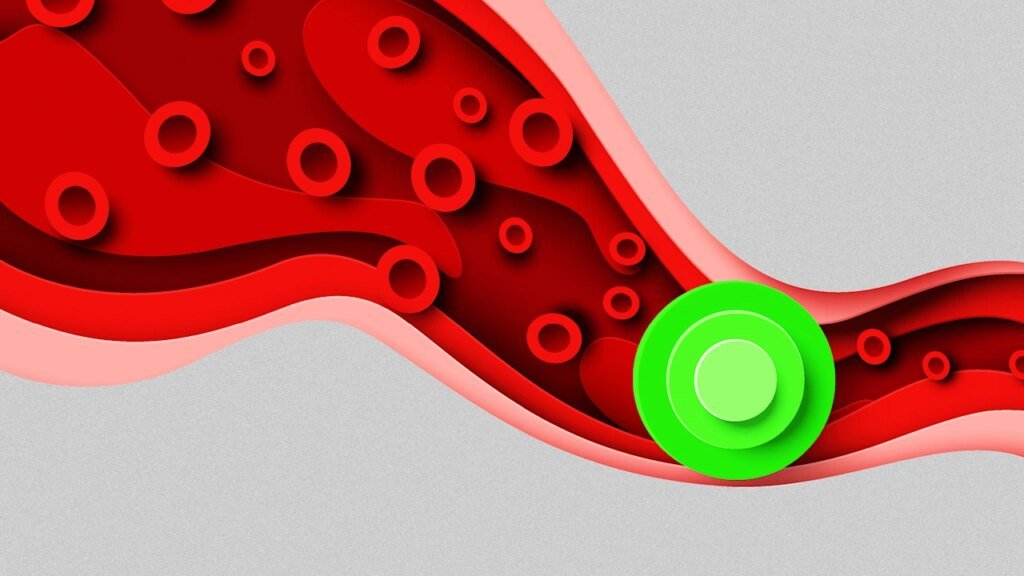A blood test for more than 50 types of cancer could significantly boost early detection and speed up diagnosis, according to a new study.
Made by U.S. pharmaceutical company Grail, the Galleri test aims to find fragments of DNA in a person’s blood that can indicate the presence of a cancerous tumor. Among the cancers that the test can detect, many have no current screening programs.
The PATHFINDER 2 study included more than 36,000 people aged 50 and older who had no cancer symptoms. In participants who were followed for more than a year, the test caught some 40.4% of cancer cases. For those who got a positive result on the Galleri test, 61.6% of them went on to be diagnosed with cancer—an improvement over previous trials of the test.
The results were presented on Saturday at the European Society for Medical Oncology meeting in Berlin, and have yet to be published in a peer-reviewed journal.
Boosting cancer diagnosis
In the study, the Galleri test, when combined with already existing screening for breast, cervical, colorectal, lung, and prostate cancers, “yielded a more than seven-fold increase in the cancer detection rate,” according to Grail’s president Josh Ofman in a press release.
Galleri also detected many cancers which don’t have standard screening tests, including notoriously hard to diagnose forms of the disease, such as ovarian and pancreatic cancer.
More than half (53.5%) of the cancers detected by the test were stage I or II, according to Grail. And the test was also able to predict the origin of the cancer accurately 92% of the time, according to the study.
Promising results
Grail says the blood test could save lives through early detection. The company’s president of biopharma, Sir Harpal Kumar, told the BBC that the results were “compelling.”
“The vast majority of people who die from cancer do so because we find their cancers too late,” he said. But other experts cautioned that more research is needed before the test is ready for primetime, Sky News and the BBC reported, with one expert telling the BBC more work would be required to “avoid overdiagnosing cancers that may have caused harm.”
The test is currently being trialed in England in 140,000 people, with results expected next year, according to the BBC.

